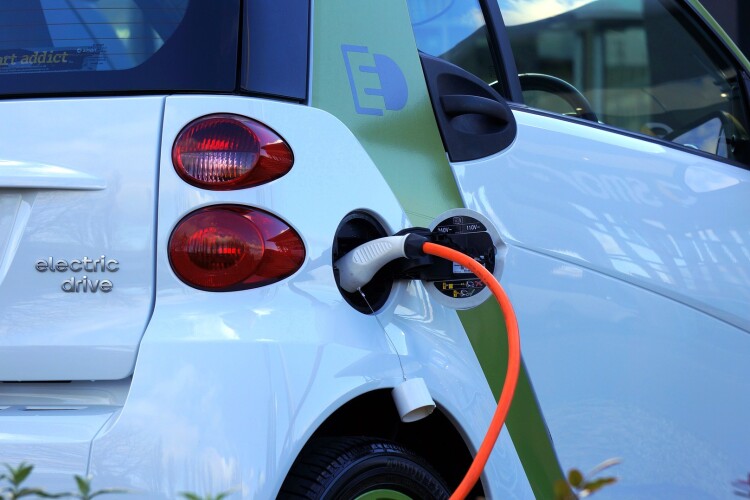After a consultation on the topic in 2019, the government plans to introduce new building regulations in England that would mandate charge point infrastructure in new homes, new non-residential buildings, and when some buildings are renovated.
Every new home with associated parking within the site boundary will have to have an electric vehicle (EV) charge point. Those with no off-street parking will not be required to make any provision for EVs.
Residential buildings undergoing renovation, which will have more than 10 parking spaces within the site boundary after the renovation is complete, will have to have at least one EV charge point for each dwelling with associated parking.
All new non-residential buildings with more than 10 parking spaces must have a minimum of one charge point, along with cable routes for one in five of the total number of parking spaces.
Builders are happy to do any work required but are worried about who is expected to pay for it.
Richard Beresford, chief executive of the National Federation of Builders (NFB) said: “We support the green industry and a green transition because it is a necessary part of change but due to how infrastructure investment works in practice, once again, the government is seeking to grow its political capital and advance big business, at the expense of the construction industry and taxpayer.”

The NFB says that to achieve planning permission, builders will have to fund substations so that electricity companies can provide enough load to new and old developments. These costs are considerable – upward of £50,000 for a handful of homes – and it is neither the builder, nor homeowner who profits from this infrastructure, it is the electricity companies “achieving revenue in perpetuity from someone else’s investment”, says Mr Beresford.
There is also the concern that the type of charger being installed will not meet future grid or EV charging standards. The NFB has been telling the government that it needs to standardise EV charging infrastructure and grid strategy before mandating a solution that will require mass retrofitting.
Rico Wojtulewicz, head of housing at the House Builders Association (HBA), the housebuilding arm of the NFB, said: “This government has only been in power for two years and has already introduced four new and stealth taxes on the construction industry. EV charging will be the fifth. It’s a disgusting way to treat a sector who worked throughout the Covid-19 lockdown to help pay for furlough and the impact of Covid-19.
“The government needs to think very carefully about how it achieves a green revolution. It must require electricity companies to shoulder this cost, as they will be profiting from these investments in perpetuity. Or perhaps it is time to bring services into public ownership because the government is not proving able to regulate the sector in a way that doesn’t cost the taxpayer.
“As we told the prime minister during COP26 in relation to retrofitting and onshore renewable energy, it is time the Conservatives began risking some of their own political capital and not simply expecting taxpayers and business to risk their financial capital. The government’s green legacy is looking like taxation and flawed policy, not revolutionary change.”
Got a story? Email news@theconstructionindex.co.uk



